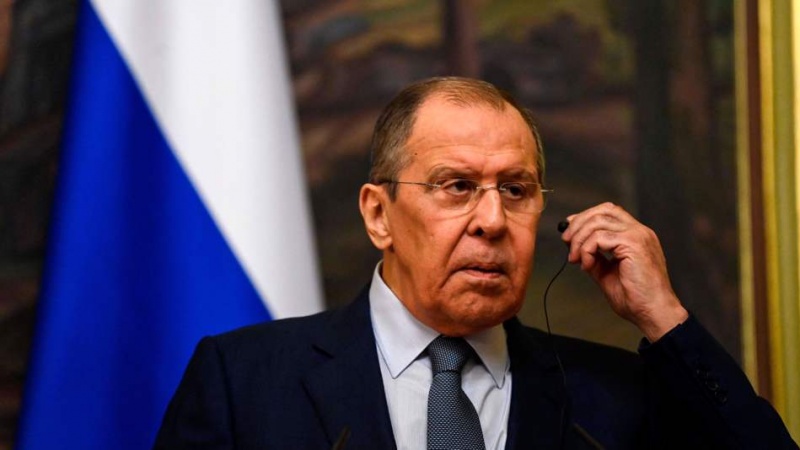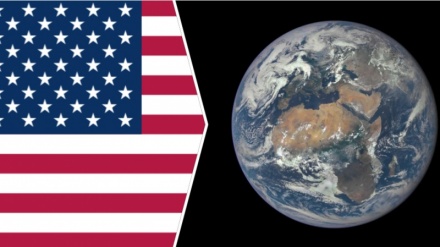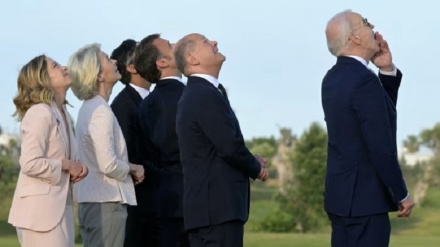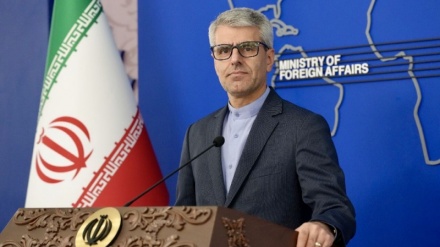Russia shuts mission to NATO amid escalating tensions
Russian Foreign Minister Sergei Lavrov says his country is suspending its mission to NATO as tensions deepen between Moscow and the Western military alliance.
Lavrov told a news briefing that Russia would close the liaison mission as well as its information office in Moscow. “We are suspending the work of our official mission to NATO, including the work of our military representative from November 1 or it could take a few more days.”
The foreign minister said the move was a response to the expulsion of eight Russian staff at the NATO mission last week. Lavrov further cited “recent moves” by NATO, saying there were no longer “basic conditions for common work.”
He said in case of urgent matters, NATO could liaise via the Russian ambassador in Belgium. “If NATO members have any urgent matters, they can contact our ambassador in Belgium on these questions.”
NATO and Moscow have maintained contacts to try to minimize risks. The Russian Federation has had an observer mission to the Western alliance. It was meant to promote cooperation in common security areas.
Last week, tensions between the two sides escalated once again after NATO expelled some members of the Russian mission. NATO officials said the move was aimed at strengthening the alliance’s deterrence in response to Russia’s aggressive actions. Moscow denounced the decision, saying it undermined efforts to normalize ties between Russia and NATO and would have an adverse effect on their ties.
Last month, a Kremlin spokesman said the expansion of NATO’s military activity in Ukraine crosses a red line for Russian President Vladimir Putin.
Russia has long had an observer mission to NATO as part of a two-decade-old NATO-Russia Council meant to promote cooperation in common security areas, but it is not a member of the US-led alliance. Senior officials in Moscow have been seeking assurances from NATO countries that the borders of NATO would not move eastward.
Moscow and Washington have deep-seated differences over a host of other issues as well, including arms control, human rights, and cybersecurity.
MG



